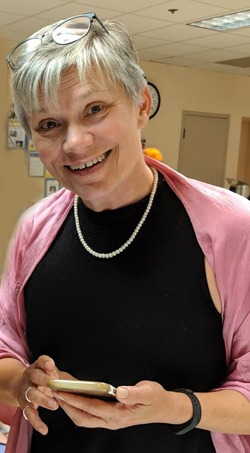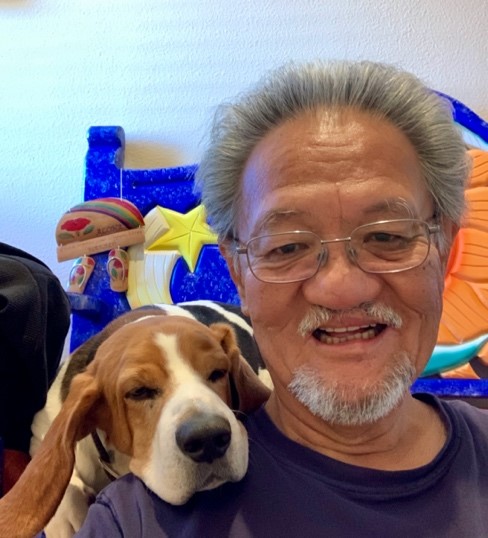Between Sundays
Good People,
Covid Time continues to disrupt church year rhythms.
This church year is gliding toward summer, winding down more slowly. It the BC times (as in Before Covid), I would already be done and gone away to Ministry Days and General Assembly, and then off for a few weeks of vacation and/or study leave, returning sometime in August.
Instead, this week, I’ve been at virtual meetings with colleagues Monday to Wednesday. And on Thursday, I am having routine cataract surgery. So, I’ll mostly be resting much of the weekend and popping into some virtual GA programming.
On Sunday, June 27, we’ll be worshiping with thousands of other UUs at the virtual GA service.
I’ll be back in the pulpit on July 4 with a service I’ve been contemplating for years – Free, Brave, Glowing Hearts: the Power of National Anthems. I’m very excited about it. I hope you can join in.
Then I will bug out from July 5 to August 5.
Beginning on Sunday July 11, we get to go on a virtual Summer Road Trip, another series of collaborative with our cluster congregations. This will give each congregation’s minister, the tech team, worship leaders, (and for us, our MAGICians, too) a well-earned break. Our Sunday Road Trip service is Aug. 8, when we will share our own Tanner Linden with the entire cluster. His service is called More Than Our Mistakes on what he learned from his work with the prison ministry at the Church of the Larger Fellowship.
On those same Sundays the DREs from our Cluster Congregations will be leading Children’s Chapels at 9 am, July 11 through August 8. The theme will be Play, which seems just right for this summer.
Also in July and August, Kitty Merrill, Brian Fortune, Joe Osborne, and maybe YOU will be installing and practicing on new tech equipment so that we can have hybrid services – also known as multiplatform worship – both in person and on line.
If this is an area that has ever been an interest, or have a hankering to grow in new directions. This is a great and needful place to help out.
Then, we’ll enter further into the PC world (as in Post Covid) as we begin multiplatform worship with Water Communion on Sept. 12.
The rhythm of church always slows down in June, July, and into August. I think it will be even more so this summer as people take long-delayed vacations, many of which will be to visit family and friends not seen for nearly two years,
The UUCV staff will be taking time off over the summer at various times as well.
A few of things to be on the lookout for, even in the midst of a slow summer:
❊ Jimmy Vasquez and Fidelity Ballmer are starting a conversation on the proposed 8th Principle, kicking off on July 29 at 6 pm. (See UUCV This Week for details.)
❊ Marcy Burns’ Memorial Service on August 7 at 11 am outside on church grounds.
❊ Fidelity an RE Folks are planning in-person gatherings with our children, youth, and families.
❊ Jimmy and I are working on an outdoor ritual in late-August/early September, hopefully with our Pagan Folk, as a blessing of the building.
❊ At least one more All Church reorganizing, pruning, sprucing up session on a Saturday.
❊ Perhaps even an open-air concert or two in our parking lot.
❊ Be sure to mark your calendars for Saturday, September 25th, Dr. Melissa James – our UUA Pacific Western congregational liaison – will join us to host a DRE Start-Up workshop. It will be a wonderful opportunity to consider where our RE program has been & where it is going. Melissa will also be our guest preacher on September 26th.
So, until we meet again, virtually and in-person, please take sweet care of yourselves.
Continue to travel carefully.
Remember to collect some water from a place that has meaning to you.
And be well.
With love,
Rev. Dana


